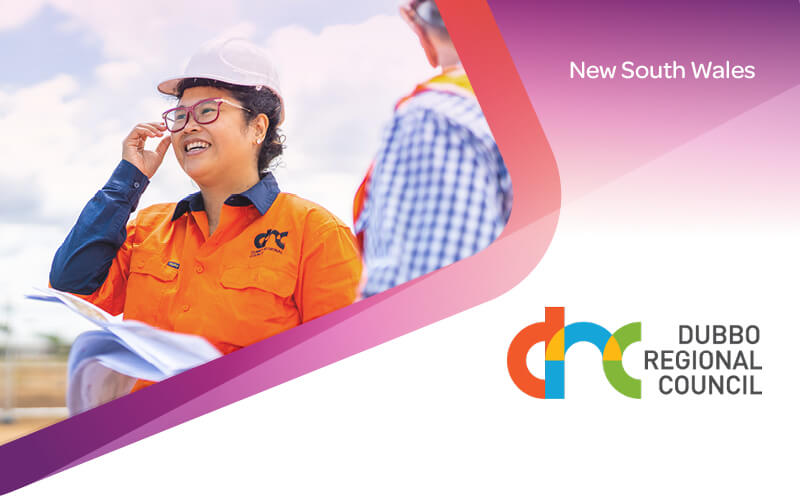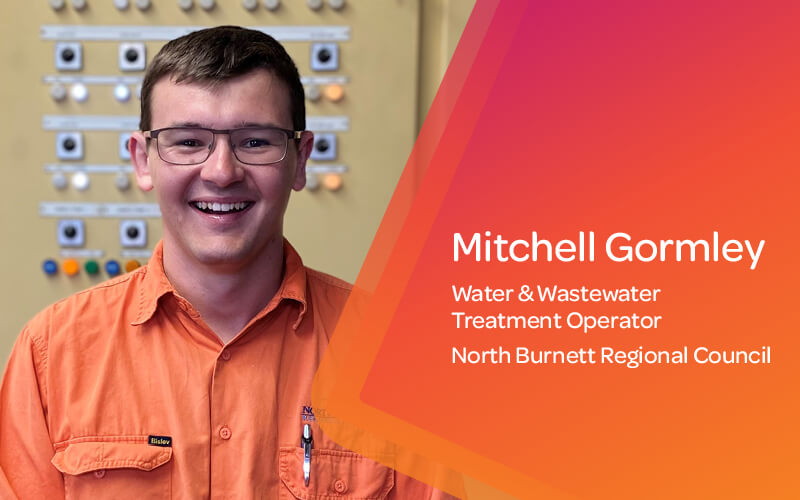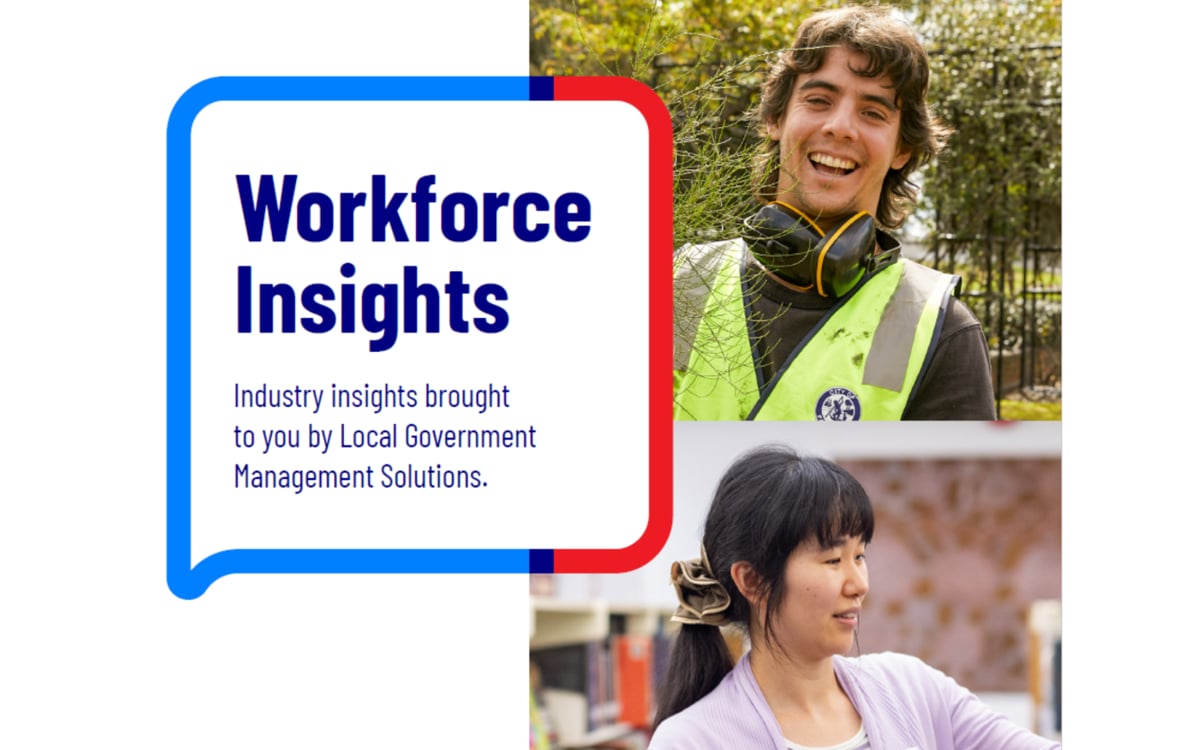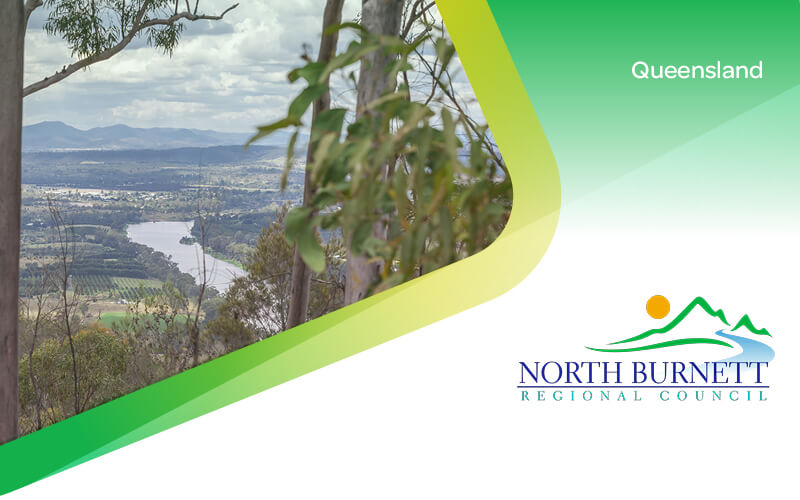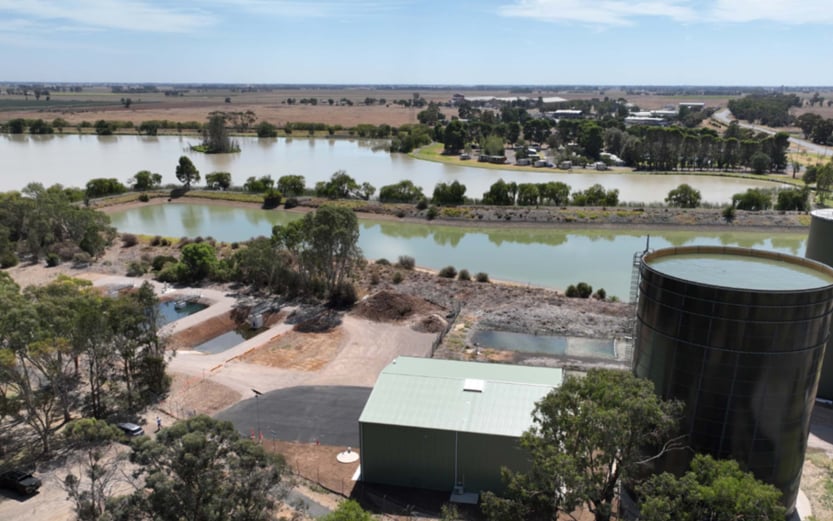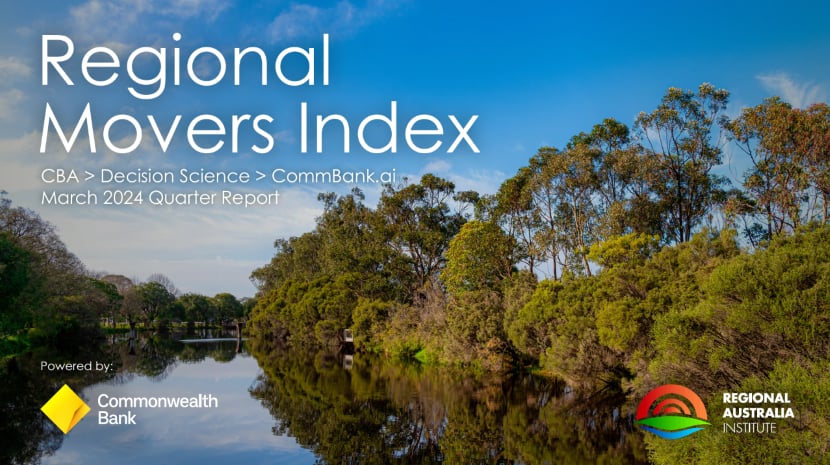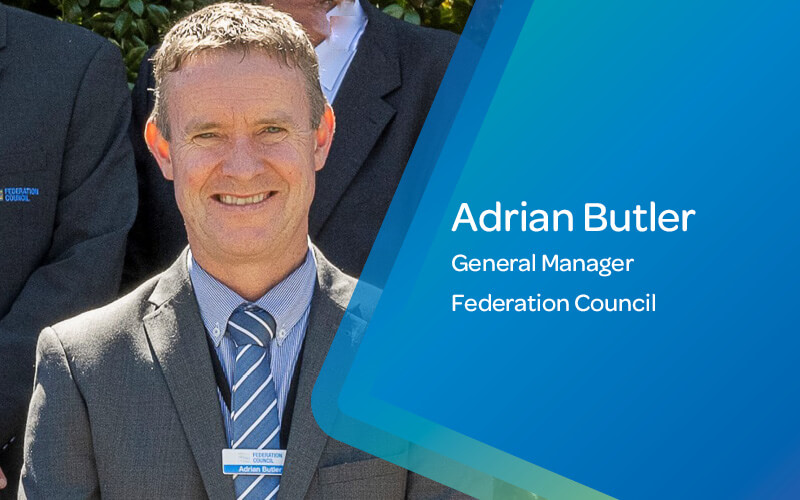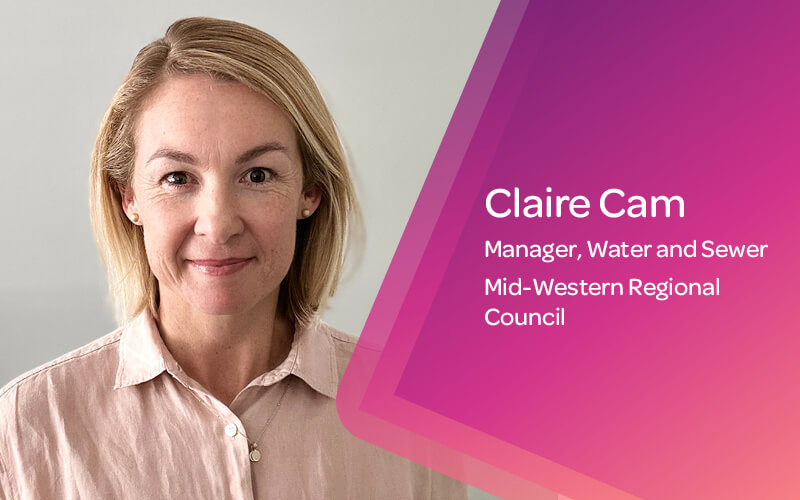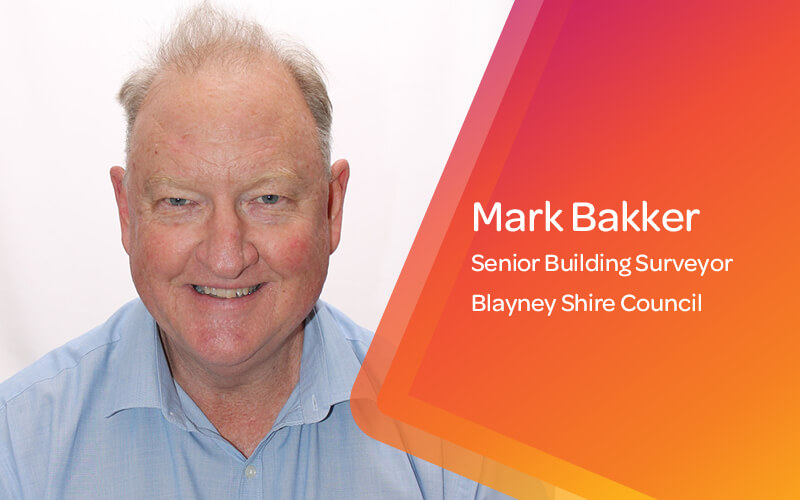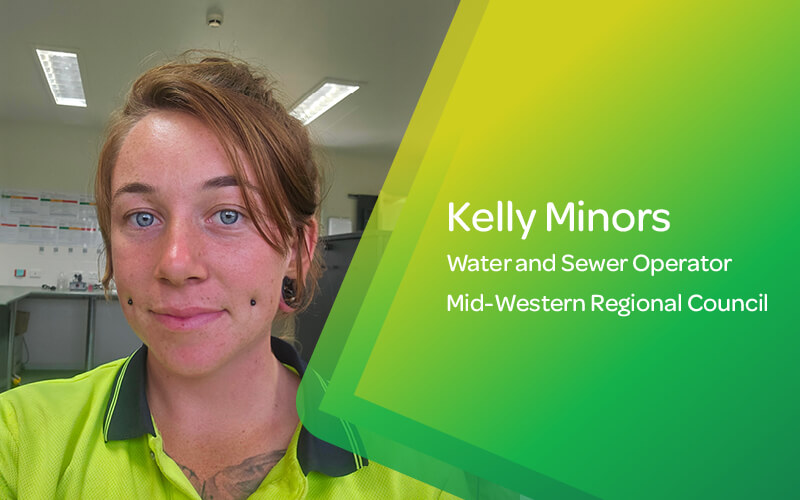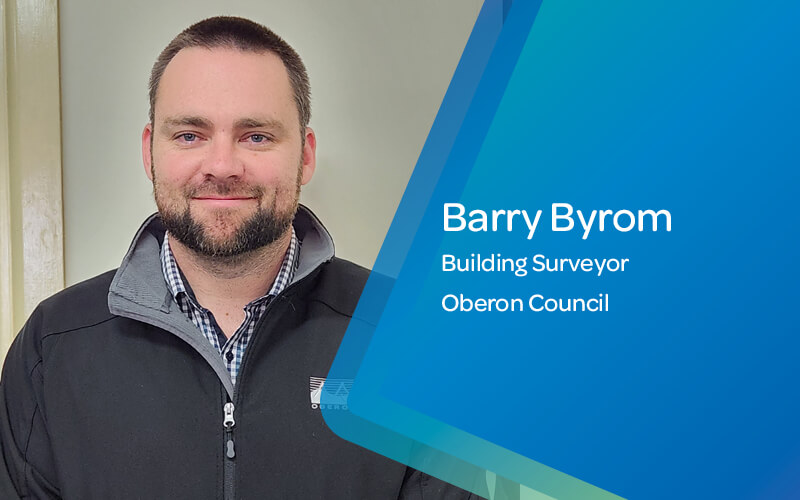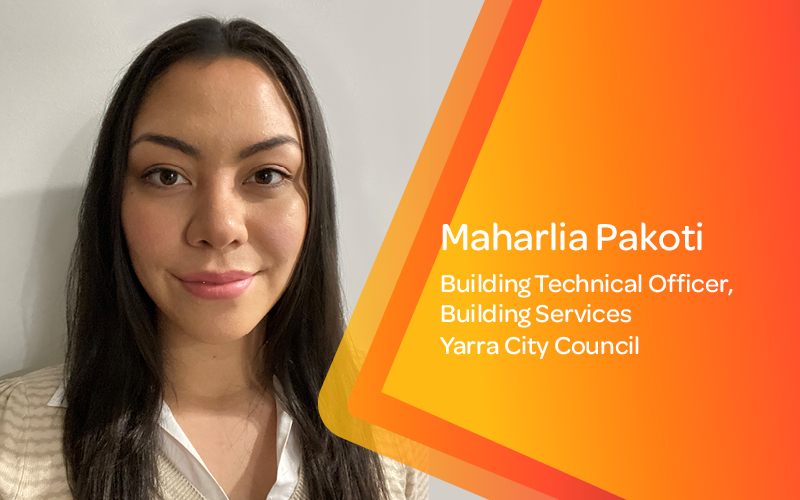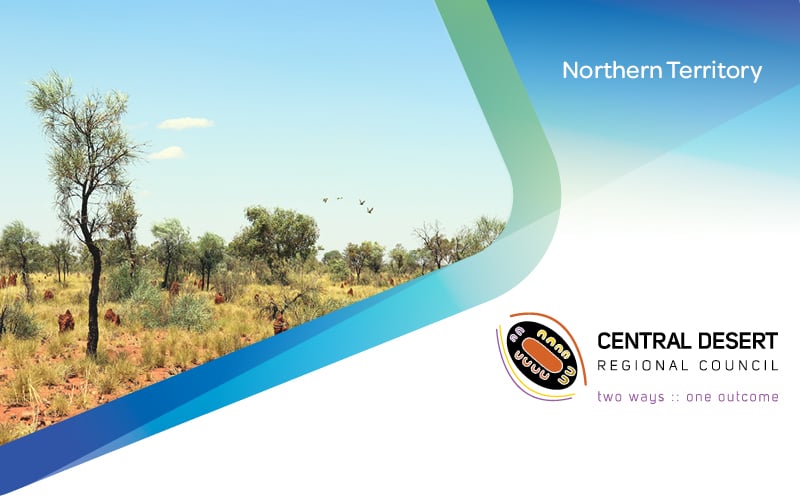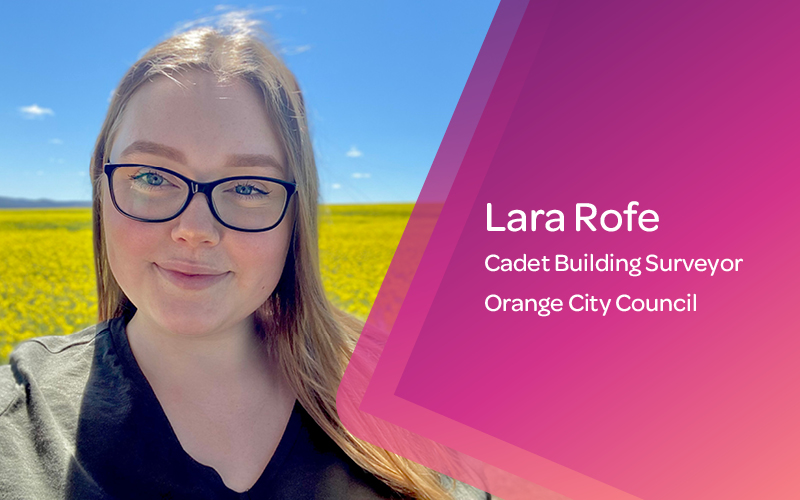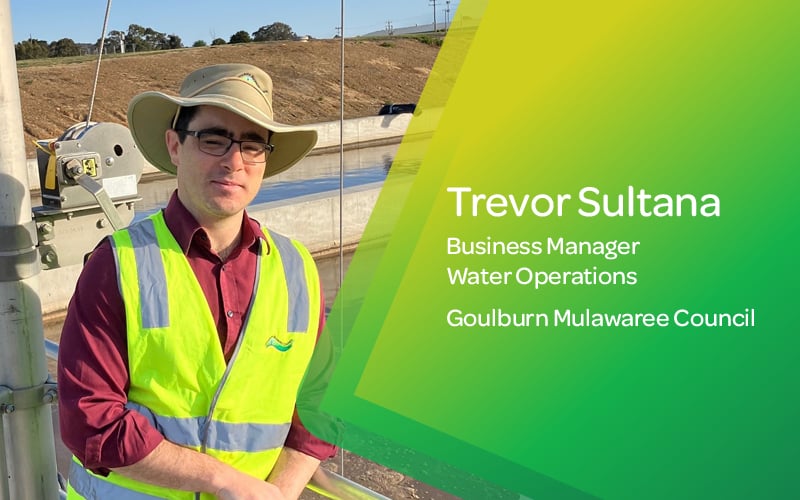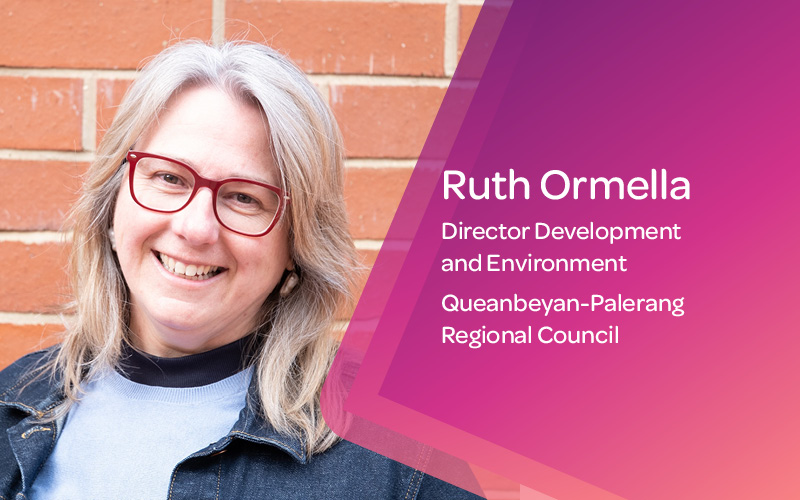
Q&A with Ruth Ormella, Director Development and Environment – Queanbeyan-Palerang Regional Council.
Covering over 15,000 square kilometres, the stunning Queanbeyan-Palerang region is one of the largest local government areas in NSW. It is also over twenty times the geographical size of Ruth Ormella’s previous Local Government employer, Basingstoke and Deane Borough Council in the United Kingdom. Quite the contrast – and a welcomed one.
Read on to learn more about Ruth’s incredible planning career spanning three decades and two hemispheres, and discover exactly what it is that Ruth collects in her suitcase!
Q. Can you talk to us about what led you to a career in planning?
A When I finished high school in Western Sydney, I had a really ‘green’ bent – I wanted to go to Africa and plant 1,000 trees and save the world! But there were very few degrees back in the late 1980s that were all about conservation, so I ended up doing a Coastal Management degree.
In my third year of university, we had a Land Use Planning class and (much to my parents’ relief!) I thought ‘oh WOW’ you can actually get proper jobs and earn money by doing this degree. It was then that I started to look at Local Government planning as a career option.
Q. Where was your first planning role?
A. On the north coast of NSW I got my first planning job at Ballina Shire Council. While I was there, I completed my Graduate Diploma in Urban and Regional Planning from University of New England to add to my degree in Applied Science.
At Ballina I started off in very basic applications and started to develop my skills in planning. I was part of a great team, but I was very aware at that time that there weren’t many female professionals around me. I think the impact that had on me is really measurable. Throughout my entire career I’ve been aware of what the gender equity issues were at the councils that I arrived at.
It’s interesting being in that position of feeling quite isolated and I don’t think they realised that – my colleagues weren’t unkind, I just don’t think they understood.
Q. Do you feel that imbalance has driven choices in your career?
A. Yes absolutely. I have always known that I will not be prevented from being the best that I can be – that I will be competitive at every single job I go for. I have a huge drive and ambition to ensure I have all the competencies I need to be the best. That’s why I’ve continued to collect qualifications to add to my suitcase!
Q. Where did your career journey take you after Ballina Shire Council?
A. I spent four and a half years at Ballina before moving on to Baulkham Hills Shire Council for around 12 months. I was doing subdivision planning and gained some invaluable insight into a large-scale urban land release in Kellyville, north west Sydney. There was a real focus on the local Aboriginal Land Council and consulting and engaging with our First Nations people as well as bush fire management.
While I was doing that, I was also finishing off my Master of Environmental and Local Government Law at Macquarie University. I then worked at Tweed Shire Council for three years where I was the planner that assessed and determined the ‘I’m A Celebrity… Get Me Out Of Here’ sites!
Q. Interesting! Have you worked in private practice?
A. Yes actually after my time at Tweed, I went and worked in private practice for a few years. There I was able to take my local government skills and experience and reapply them to prepare development applications for customers. It was invaluable to get experience on both sides of the process – I’ve prepared applications, and I’ve assessed applications, so I understand the full customer journey.
Q. What was the catalyst for your journey to the UK in 2006?
A. I think once I’d worked in private practice and had rounded out my experience, I knew that I had a lot to offer. I thought about the skills I had gained from Local Government especially. I knew how to assess planning applications, I knew how to do evidence-based decision making, I’d had experience with working in the NSW Land and Environment Court, I knew how to communicate and deal with customers – all those skills were in my suitcase as I arrived in this new country.
Q. Where did you work when you first arrived in the UK?
A. My journey in the UK started out in Cornwall in what is now the amalgamated Cornwall Council. I went into a Team Leader role and then I ended up becoming a manager through the reorganisation of Cornwall Council and worked on improving processes using the change management skills that I had gained in Australia.
I also had the opportunity to lead on a new town – the Cornwall Eco-town, with 5,000 homes, new roads, employment, and educational facilities and lots of green infrastructure, walking and cycling and vast open space.
Q. Had you experienced anything like that in Australia?
A. Definitely not at that point. The UK has been very focused on climate change, environmental sustainability and creating sustainable communities for quite some time. These communities that I’ve helped to master plan in the UK are sustainable – they’re not on reticulated gas, and they have renewable energy infrastructure.
The UK is very aware of the climate impact so everything we were planning for and creating had a solid foundation in environmental awareness.
Q. Was that almost like coming full circle for you – given your initial desire to save the world?
A. Yes! I started my journey believing that I was going to have an environmental career, and because of the passage of time, changes in legislation and global understanding about the need to respond to climate change, my career has been able to return to where was my heart naturally sits.
Q. Can you take us through the other roles you’ve had, and experience you gained in the UK?
A. I worked at Cornwall for 10 years – I loved it there! I then went to Portsmouth City Council as a manager. Portsmouth has a significant cultural heritage, it’s the home of the Royal Navy and there’s so many heritage assets making it a really interesting city. One of the key things in Portsmouth was ensuring there was adequate housing, so my experience around urban design, quality of buildings, and understanding architectural drivers came into play. It’s a city that runs on a predominantly public transport and sustainable active travel model, making it a really positive place. And again, back to my environmental bent, I was the manager in charge of all the trees in the area – their protection, and enhancement growing a green canopy in the city.
Then I went on to Epsom & Ewell Borough Council on the westside of London. At the time I joined, the authority was at risk of having the government step in and take over. So, my role there was to turn around the failing services including undertaking recruitment, putting in place the systems and processes and turning around what could be perceived as a failing authority. I was successful at bringing people together with shared objectives.
I then leap-frogged into Basingstoke and Deane in North Hampshire, where I had building control, development management, heritage conservation and policy and planning coming together as well as climate change. We worked to a climate change action plan – moving towards the goal of net zero in 2025! I was at Basingstoke and Deane for three years before the call for home came.
Q. What form did that call for home take?
A. I think as your career evolves, the objectives that you set and your values are intrinsic to you and they stay with you. But what happens is with every authority or council you go to, you get the opportunity to add to your skillset. I gained so much experience in the UK, but I knew that my next challenge was to make it relevant at home in Australia.
It was probably the biggest challenge of my career. How do I take all this experience – 16 years in the UK – and make it relevant to NSW? And where is Australia now? What’s changed and how do we see ourselves?
One of my career goals was to be a director – and a director of many services. So, in 2020 I finished my Masters in Public Administration at Portsmouth University. Adding that qualification to my suitcase ahead of coming home was a strategic move. There’s an interesting transition that you go through when you’re a professional technical officer who is a member of the Planning Institute of Australia, a member of the Royal Town Planning Institute in the UK, who has mentored and enabled officers to enter this professional code and led professional services. You reach a point where you realise that you’re more ‘management’ than ‘technical.’
I realised I need to take that next step – that I’ve got a lot to offer to future generations of professional officers and organisations that have gone through change. I’ve been on that journey and I know what ‘good’ looks like.
Q. You arrived home early this year, what do you believe you have to offer Queanbeyan-Palerang Regional Council?
A. I hope that I bring a lot to QPRC! It was important to me that I was the Director of Planning AND the Environment. So, I’ve got climate change, I’ve got sustainability, I’ve got all the environmental health officers, so I’m able to focus holistically on making sure this local government authority is improved. In everything I do, I strive to do no harm – that’s a vital value for a planner to have.
Q. Since you’ve been in the role what type of work have you been involved with?
A. Day-to-day, I’m really conscious not to be driven by my inbox. One of the things that I measure my day on is what have I done at a strategic level! I like to understand what is going on in my directorate – the services, how we’re impacting, what our activity is. I’m doing reports, I’m involved in budget decisions and formulations, and community engagement events talking to the community about our plans.
I’m involved in funding, policy creations, planning, reading reports. I’m also supporting effective engagement with business and taking enforcement action against developers where necessary.
It’s just so diverse because the type of applications we have here is so broad; urban land release, large scale subdivisions, greenfield work. We have NSW heritage listed towns, historic conservation areas and all the care and control around that. There’s also large-scale renewables and state significant development as well as development that goes to the regional joint planning panel.
Q. Is that diversity of work one of the things that attracted you to Queanbeyan-Palerang Regional Council?
A. When I was looking at returning to NSW to work, I deliberately looked for an opportunity in a regional council. There are a few reasons why – more diverse work opportunities, the combination of rural and urban settings and the different economic drivers and functions. Basically, regional Australia is an interesting place to work.
Q. At the end of your working week, what does success look like to you?
A. For me, it’s the people. If all my officers are really happy with how they’ve achieved their outcomes and we’ve been true to the value of ‘do no harm’ then I’m happy. It’s about empowering my people to achieve success. It’s not about me.
I think of myself as a quiet achiever. I like the fact at the end of the day I’ve calmly dealt with some really complex, difficult problems. I like to think that I bring calm to complete chaos, providing the space for officers and other colleagues to achieve what they need to.
Q. What would you say to someone considering a local government planning career?
A. Oh that’s easy! Planning is a fantastic career that can take you all over the world. It’s a career that touches everyone in some way or other. So many people just assume that roads where they live, the bus networks they travel on, the parks they go to, or the football grounds they play on have just happened by chance. The truth is that a planner has been involved in the creation of every one of those things – planners shape places.
And, local government is such a great place to work. We really understand that young planners are our future, so there’s a great culture of nurturing cadets and trainees who are passionate about serving their local community. I have a large number of cadets on my team, and I’ll always look to support and empower people who have the values and character to make a difference. We’ll give you the skills and the education, all you need is a local connection, and a genuine interest in doing something worthwhile and positive.
Are you keen to start packing your career suitcase with the skills, experience, and qualifications to build a career in planning to take you around the world? Check out the planning roles on offer right now.




